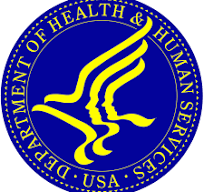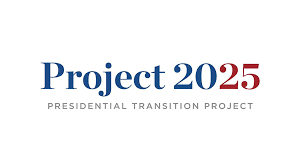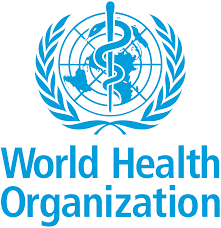If your work depends on federal public health data, now is the time to act. In the two weeks since President Trump took office, multiple federal websites have already removed key reports, datasets, and surveillance tools that public health practitioners and nonprofit organizations rely on. More and more data are being deleted from servers in several agencies daily – even hourly.
If you use these resources, don’t assume they’ll still be there next week or that some archive website will have captured and preserved them — download and save them now before it’s too late.
Examples of some of the most at-risk resources include:
- Reproductive Health and Family Planning – Data and guidelines related to contraception, abortion access, and maternal health (e.g., Title X program information, reproductive health statistics from HHS).
- Gun Violence Research – Studies and surveillance data on firearm-related injuries and deaths, including CDC and NIH-funded research.
- Health Disparities and Equity Data – Reports on racial, ethnic, and socioeconomic health disparities, including those from the Office of Minority Health and CDC’s Health Equity initiatives.
- Vaccine Information and Data (e.g. child school vaccination rate data)
- Workplace and Occupational Health – Data on worker safety, chemical exposures, and OSHA regulations that protect laborers from hazardous conditions.
- Climate and Environmental Health Data – Information on air and water quality, climate change impacts on health, and environmental justice (e.g., EPA climate reports, CDC’s Climate and Health Program)
- Infectious Disease Surveillance and Prevention – Information on vaccine recommendations, pandemic preparedness, and global disease tracking.
- Substance Use and Harm Reduction – Research on opioid overdose prevention, needle exchange programs, and medication-assisted treatment (e.g., SAMHSA and CDC opioid crisis resources).
- The Behavioral Risk Factor Surveillance System – The gold standard for tracking chronic disease, health behaviors, and access to care at the state level.
- Youth Risk Behavior Surveillance System – Essential for understanding adolescent health trends, including substance use, mental health, and sexual behavior.
- U.S. Preventive Services Task Force Guidelines – Evidence-based recommendations that guide screenings and preventive care.
- Environmental and Occupational Health Data – Information on air quality, toxic exposures, and workplace safety that could be targeted for removal.
- LGBTQ+ Health Resources – Research on health disparities, HIV prevention programs, and transgender healthcare guidelines (e.g., NIH and CDC LGBTQ+ health pages).
These aren’t just abstract concerns. If (when) these resources disappear, Arizona’s public health professionals and nonprofits will lose the ability to track trends, advocate for funding, and implement evidence-based programs.
Set aside time today to download the reports and datasets you use. Save them in multiple locations and share copies with colleagues. If you wait, you may find yourself scrambling to recover information that’s already gone.
Public health depends on data, and right now, that data is at risk. Don’t procrastinate—act now to protect the resources we need to keep Arizona healthy.








